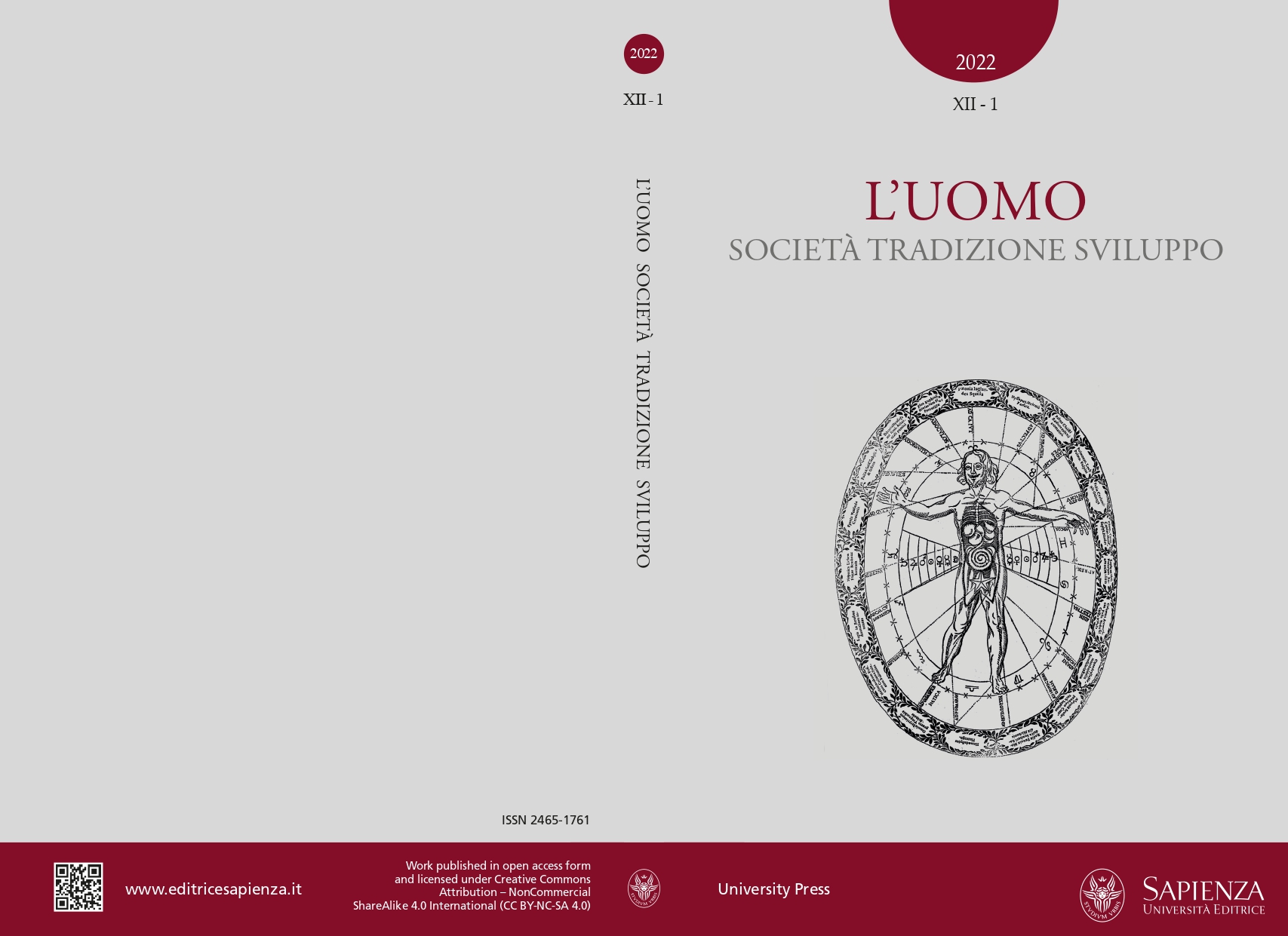Community subjectivities in the kitchen. The “power” of cooking knowledge of Ikoots women in San Mateo del Mar (Oaxaca, Mexico)
Keywords:
Ikoots/Huave (Mexico), life stories, communitarian culinary knowledge, gender, semantics of power, egalitarian indigenous peoplesAbstract
The article reflects on the experience of the Ikoots women of San Mateo del Mar, grappling with the word description of their dishes’ preparation (Cuturi 2009). These words unveil perspectives on the meaning of women’s subjectivity and community knowledge in an egalitarian society. Knowing how to cook “successfully” does not enact competitiveness, or logic of power over people and things, for the benefit of one’s social prestige. This know-how is based on a principle of aggregation, the redistribution of knowledge, and the responsibility towards it. Sharing practices around food preparation, while not without tensions and impositions, is yet central to gendered expectations and is a tool of social homogeneity. In this article, I focus on the utterances and discursive uses of an Ikoots woman expert in food preparation at the center of social and gender dynamics, to reflect on various declinations of the concept of power. Indeed, the article intends to engage in a dialogue with the debate about the relationship between power and egalitarian societies, starting from a thick analysis on their daily life practices and their efforts to reject the authoritarian policies, historically opposed to them.


